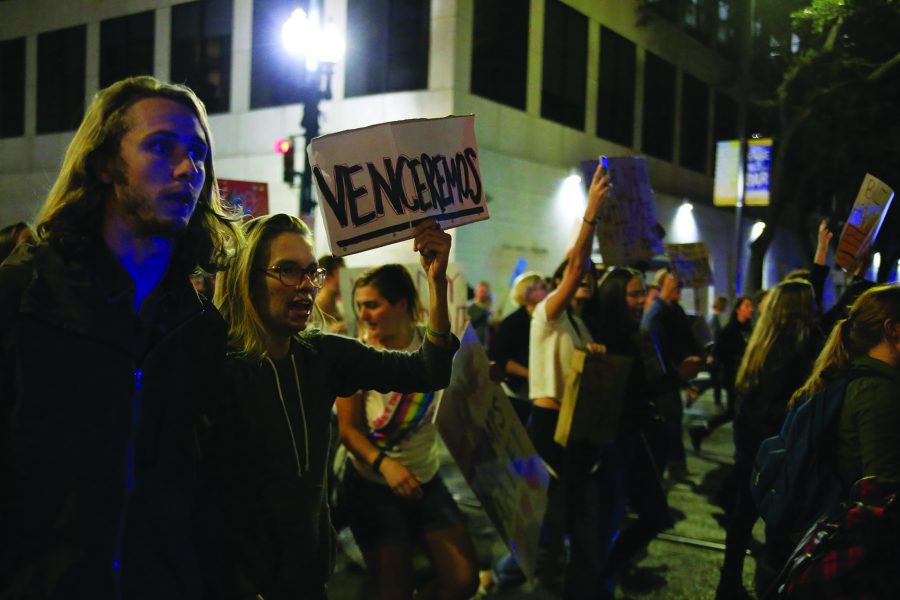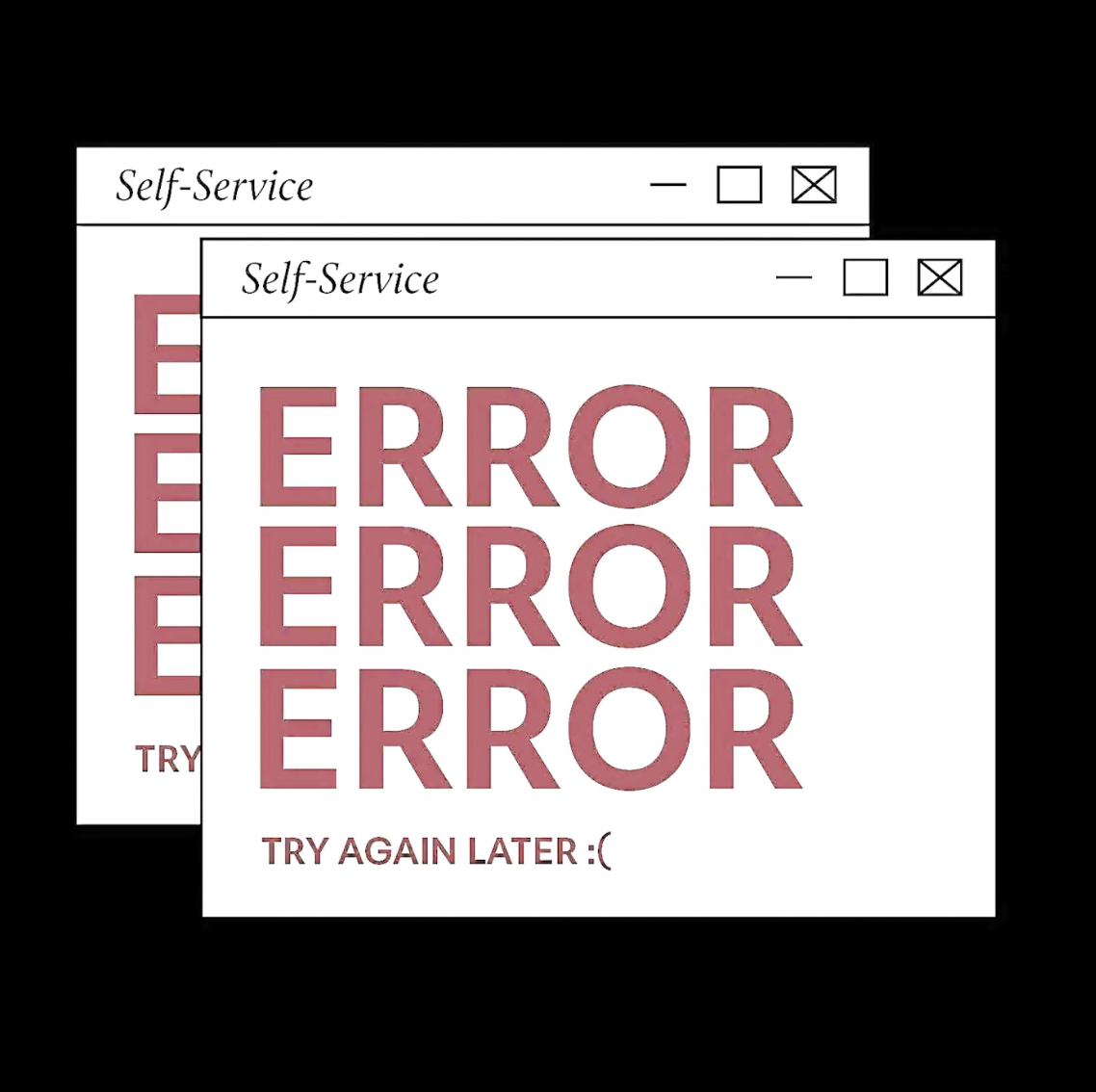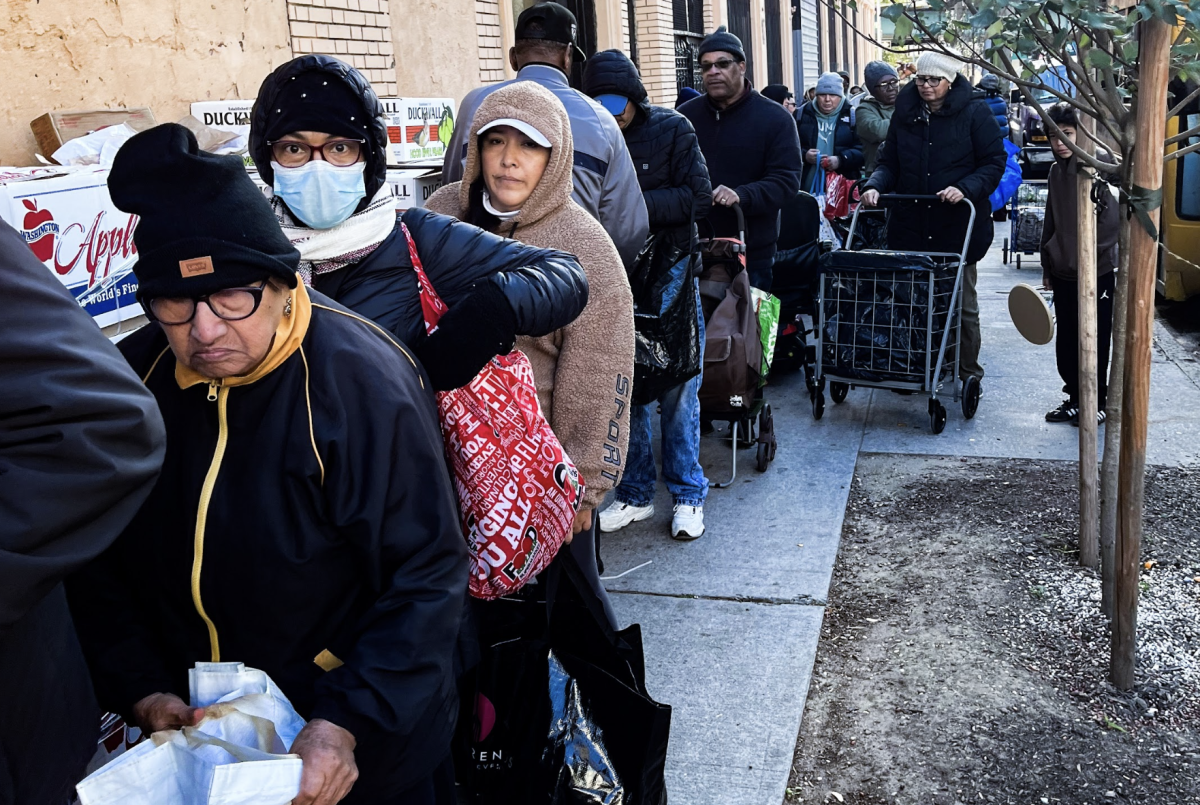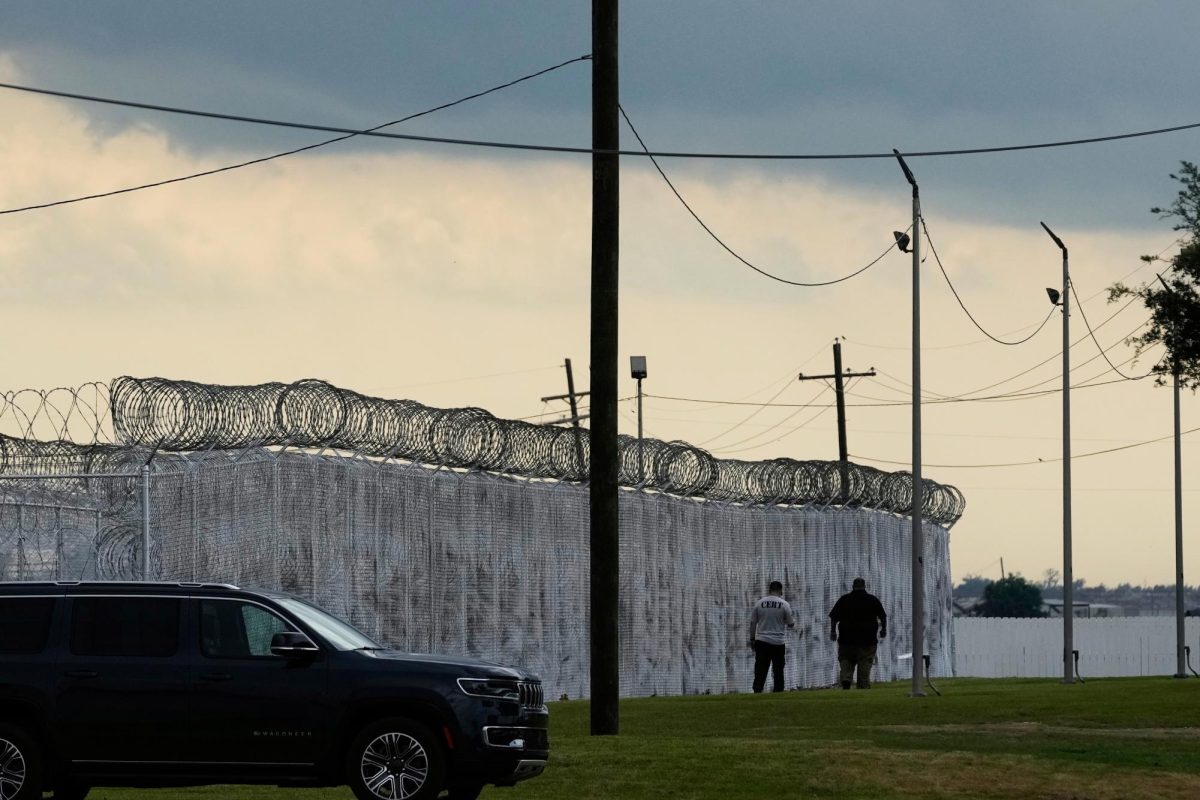Moments after Trump’s election, the U.S. experienced its biggest political upheaval since Bush v. Gore. A great divide has formed in this country, and people are rejecting the political process. Outraged people are protesting throughout the States. There are the accepters who support the results and the rejecters who seek change.
Both Clinton and Obama made speeches urging protesters to accept Donald Trump as our president-elect. In Clinton’s concession speech, she stated, “We owe him an open mind and the chance to lead.”
Yet, amid the protests, is it incumbent upon our Democratic leaders to calm supporters and encourage a peaceful transition of power amongst anti-Trump demonstrations, when these same people criticized Trump for not immediately agreeing to the peaceful transition of power during his campaign?
Donald Trump’s former campaign manager, Kellyanne Conway, has said Democratic leaders should speak out against the anti-Trump protests. Others feel that it is Trump who should take the responsibility of calming the protestors.
Pushing blame from one political party to the other is just contributing to more division. Protests that become violent riots or that involve criminal acts like vandalism negate the tolerant message the protestors preach.
The impact that these protests are having are not constructive, but destructive. Are the protests wishing to cause reactionary change or long-term productive change?
Discounting political views and differing opinions does not raise awareness but promotes hypocrisy. If we want real change, we need
real dialogue.
This dialogue can even come through protests — but peaceful ones, aimed at presenting viewpoints and listening to the other side. Rather than hateful confrontations between Clinton and Trump supporters, protests should be a place of conversation and
fruitful debate.
While the whole nation has work to do, opening impactful debate and casting judgment aside starts here and now.
This discussion has a place on campus, too. On Nov. 16, students on Loyola’s campus took part in the #SanctuaryCampus Walk-out, along with schools and universities across the nation, in order to express their opposition for Trump’s immigration policies. Practicing rights such as these, in moments of community solidarity and peaceful protest, not only create a larger impact but promote a statement — it calls for the community to stop dividing and start unifying.
We need to actively engage with people who disagree with us. Perhaps this could begin with students organizing a panel of people with a mix of political views. This is a time for forming active dialogue and working as visionaries, creators and change-makers throughout the community.



















